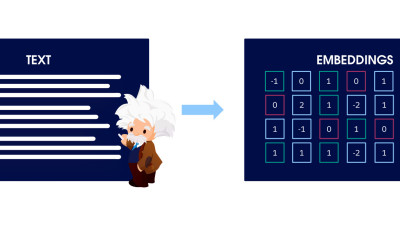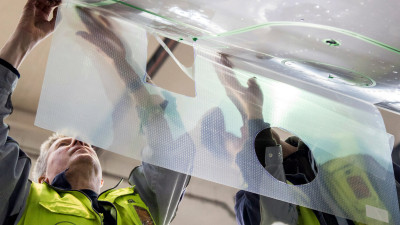This week, two major banks made changes to their policies regarding coal financing. The Rainforest Action Network (RAN) acknowledged their progress, but asserted that a great deal more must be done to meet the global commitment made at COP21 in December to limit climate change to 1.5 degrees Celsius.
Trending:
JPMorgan Chase, Deutsche Bank Rethinking Coal Financing
This week, two major banks made changes to their policies regarding coal financing. The Rainforest Action Network (RAN) acknowledged their progress, but asserted that a great deal more must be done to meet the global commitment made at COP21 in December to limit climate change to 1.5 degrees Celsius.
JPMorgan Chase & Co. (JPMC) released a new Environmental and Social Policy on Monday, which recognized the Paris agreement and included new restrictions for coal-related investments. The New York bank has pledged to transition away from financing coal mining companies, and will no longer finance new coal mines, nor coal-fired power plants in high income countries of the Organisation for Economic Co-operation and Development (OECD).
“We believe the financial services sector has an important role to play as governments implement policies to combat climate change,” JPMorgan said in the document.
5 out of the 6 largest US investment banks have now committed to phase out coal mining financing, including Bank of America Corp., Citigroup Inc., Morgan Stanley and Wells Fargo & Co.
The Future of Scope 3: Mastering Value Chain Sustainability with Insetting
Join us for a free webinar on Thursday, April 17, when leaders from ClimeCo and LSB Industries explore insetting as a tool to tackle Scope 3 emissions. Learn how to align sustainability initiatives with business goals, avoid compliance pitfalls, and gain a competitive edge.
JPMC’s new policy was criticised by the National Mining Association, which called JPMorgan’s changes “hardly a heroic gesture” given challenging market conditions for all fossil fuels. A spokesperson for the group told Bloomberg, “The bank hedges its bets on financing projects in developing countries, because, not surprisingly, that’s where the growth is and will be.”
Public pressure for JPMorgan to change its policy was increased by a RAN campaign launched last summer and a global call from Anote Tong, the president of the climate-vulnerable small island nation of Kiribati, for a global moratorium on new coal mines.
"In order to have a chance at stabilizing the climate, we need financial institutions to follow these commitments on coal mining with further steps to end coal financing altogether,” said Ben Collins, Senior Campaigner at RAN. “It's time for the financial sector to step up and lead the just transition we need to a clean, renewable future.”
Meanwhile, Deutsche Bank (DB) released its 2015 Corporate Responsibility Report today to heavy criticism from RAN on the company’s failure to specify a timeline on coal finance reduction. The bank’s latest policy indicates that it has begun to phase out financing for mountaintop removal (MTR) coal mining, and that the company plans to decrease financing for the most significant producers of MTR producers.
“Coal power is still necessary to close the energy gap until renewable sources have grown sufficiently. In doing business with the coal industry, we expect companies to use the latest technologies to limit environmental impacts, meet sustainability criteria such as the IFC Performance Standards, and implement certification such as ISO 14001,” Deutsche Bank states in the report.
“While this policy is a positive move for the bank, it remains incremental in nature, relies on the trend of decreasing MTR production overall, and “the view that MTR is likely to be phased out in the near to medium-term future.” This ignores the fact that Deutsche Bank is the biggest banker of MTR, and currently finances Blackhawk, a coal company that has ramped up production at MTR mines over the past year. Deutsche Bank remains badly out of step on the issue of coal financing, as most of its US and European peers are ending financing for the entire coal mining sector, not just for MTR producers,” RAN said in its statement.
RAN Program Director Amanda Starbuck added, “Deutsche Bank continues to lag behind other banks by taking baby steps on MTR - while others, having left behind this horrific practice years ago, are now cutting out coal mining altogether. We need an immediate and comprehensive end to the disastrous practice of mountaintop removal mining and real commitment to a carbon-free economy.”








